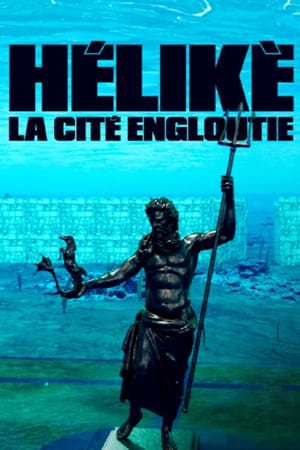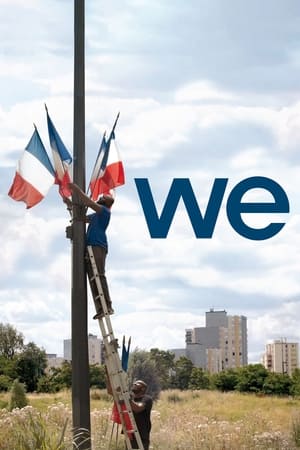
Fritz Bauer: Tod auf Raten(2010)
Tod auf Raten
Documentary on Fritz Bauer humanist lawyer, in Germany during the sixties, whose main objective in the few trials achieved against Nazi criminals was whether they were capable of repentance. In this documentary we can sadly see how the entire German judicial system protected with its laws and glosses of these many who committed criminal acts during the period of national socialism where the Holocaust took place, in which 6 million Jews were exterminated. Very probably Bauer's death was a murder that went unpunished by this same corrupted judicial system.
Movie: Fritz Bauer: Tod auf Raten

Fritz Bauer: Tod auf Raten
HomePage
Overview
Documentary on Fritz Bauer humanist lawyer, in Germany during the sixties, whose main objective in the few trials achieved against Nazi criminals was whether they were capable of repentance. In this documentary we can sadly see how the entire German judicial system protected with its laws and glosses of these many who committed criminal acts during the period of national socialism where the Holocaust took place, in which 6 million Jews were exterminated. Very probably Bauer's death was a murder that went unpunished by this same corrupted judicial system.
Release Date
2010-02-14
Average
9.5
Rating:
4.8 startsTagline
Tod auf Raten
Genres
Languages:
DeutschKeywords
Recommendations Movies
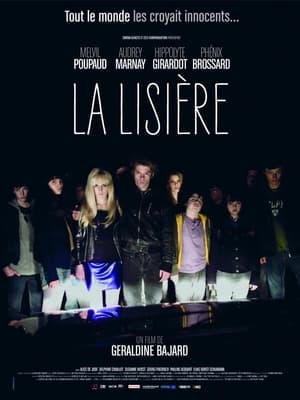 5.9
5.9The Edge(fr)
After studying in Paris, the young doctor François moves to Beauval, where single-family houses are lined up monotonously. He quickly becomes the focus of a group of young people, led by the charismatic Cédric and Matthieu, his assistant. The gang tries to escape their boredom with dangerous games at the edge of the forest. But things become bitterly serious when the body of a twelve-year-old girl is found and François is suspected.
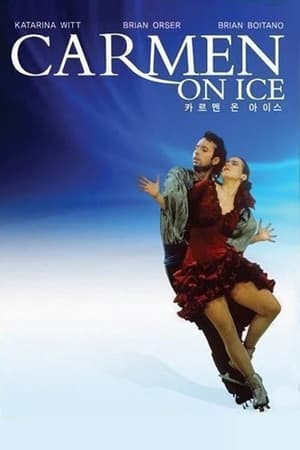 10.0
10.0Carmen on Ice(de)
Carmen is an opera in four acts by the French composer Georges Bizet. The libretto was written by Henri Meilhac and Ludovic Halévy, based on a novella of the same title by Prosper Mérimée.
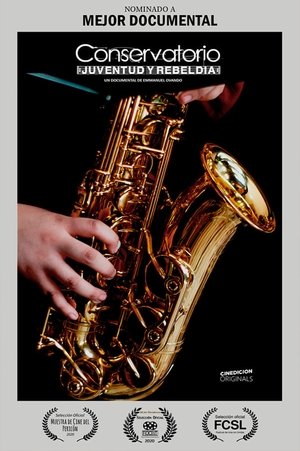 10.0
10.0Conservatorio: Juventud y Rebeldía(es)
Mexico does not have the necessary social and governmental support for those who study arts, specifically music. With the help of two saxophonists we enter the life of musicians in Mexico, as well as discover the reason why they decided to study these careers, something that would seem a daring on their part, but perhaps it is what is needed in Mexico
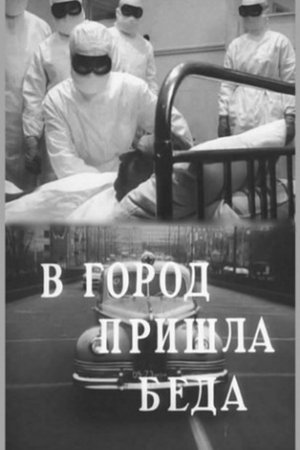 6.0
6.0It Came a Trouble to the City(ru)
In 1960, in Moscow, numerous cases of infection with purple pox were recorded. According to doctors, the virus came from eastern countries. In order not to create panic among the population, they tried to hide the fact of the epidemic. Doctors tried to cope with the disease, but the number of deaths increased, and information inexorably leaked into society ...
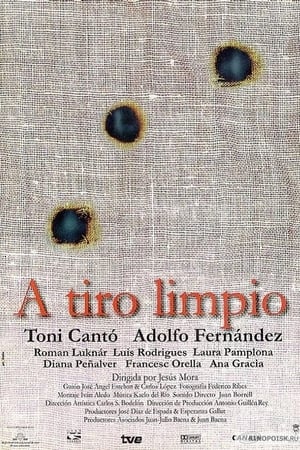 4.0
4.0A tiro limpio(es)
About to turn thirty years old, Román has decided to change his life, buy a boat and sail forever with or without his girlfriend. He has a plan to make a lot of money, as it happened a few years ago without any success. But things will change soon when the reunion with his old friend Martín shakes his plans.
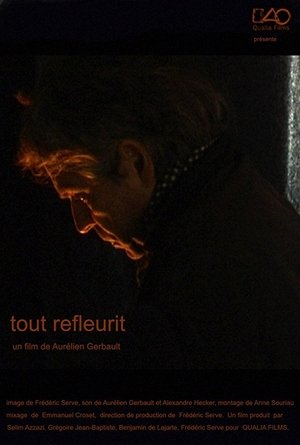 8.0
8.0All Blossoms Again: Pedro Costa, Director(en)
With this movie, Aurélien Gerbault invites us to know the portuguese filmmaker Pedro Costa and to witness the process of shooting of his movie Colossal Youth (2006). The nature of Costa's cinema is revealed to us: the criation of an intimate space in the hardness of reality.
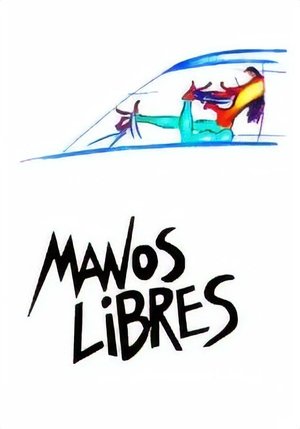 5.3
5.3Freehand(es)
A lonely woman, although surrounded by her children, quickly drives her car to a destination out of control.
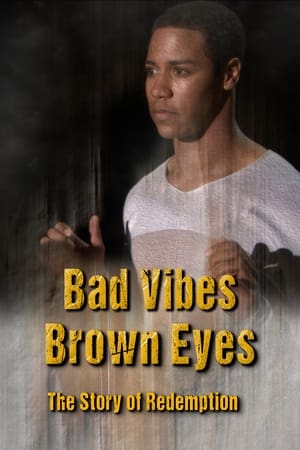 8.0
8.0Bad Vibes, Brown Eyes: The Redemption Story(en)
Being a black filmmaker and creating films with a mostly black cast in an industry that rarely supports such work comes with challenges. This compelling documentary follows Sean Reid and Brian White as they
Small Lights(de)
Valerie is a self-confident and modern woman - she commutes between L.A., where she works, and Berlin, where she lives with her partner above the rooftops of the city. When he falls ill and falls into a coma, she wakes up at his bedside. Valerie decides to return to L.A. one last time, burn all her bridges there and move to Berlin for good. She decides to record a video diary for her absence and begins to narrate for her loved one the day before her departure. Intended as simple messages of love, Valerie's memories are suddenly unleashed in the midst of the recordings. Playfully, she loses her shyness in front of the camera, her emotions burst forth and allow her to relive the story of her great love. What began as a game becomes a reckoning with life and love.
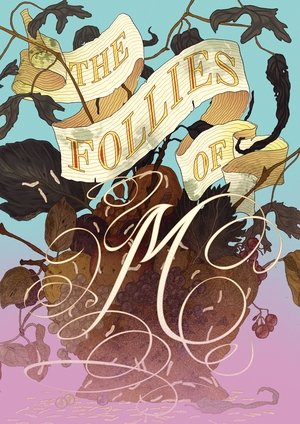 10.0
10.0The Follies of M(en)
The Follies of M tells the story of the Provincial Parish of M, famed for it's quantity and variety of architectural follies and introduces the misshapen residents who indulged in suck reckless construction projects.
Fake(nl)
An intelligent woman keeps falling for the wrong guy. With her latest lover David and a kilo of cocaine in her purse she barely escaped an arrest. Back in Holland she starts a B&B. Her first guest is the attractive Aziz, who wants to steal an old Moroccan mosaic at the International Art Fair.
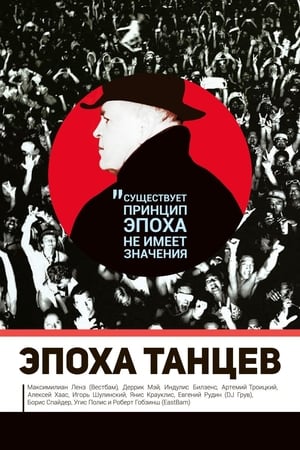 8.0
8.0Era Of Dance(ru)
The film tells a story about the latest musical revolution in recent history – the early days of the rave scene and the golden age of techno culture. International political changes in the mid-80s and early 90s, including the fall of the Berlin Wall and the collapse of the Soviet Union, in a short period of time allowed this cultural phenomenon to become a mass movement which was almost completely independent from the global corporations and which did not fight with the system but created its own system.
 0.0
0.0The Running Man(en)
Set in an oppressive future where the government controls the media, Ben Richards volunteers to participate in a deadly game show, which will see him hunted by professional killers over 30 days. Should he survive, he’ll win a cash prize that will help save his sick child and lift his family out of a horrid living situation.
Similar Movies
Warrior of Light(de)
A feature-length documentary on Yvonne Bezerra de Mello, award-winning artist and human-rights activist who has gained international recognition for her work with street children in Rio. The film recounts how a woman turned her back on a wealthy lifestyle, driven into action by the execution of 8 streetkids by military police in 1993. In subsequent years Yvonne's struggle to better the lives of endangered and abandoned children has led her to found "Projeto Uere" ("Children of Light") a radical project committed to protection and education of kids who live in the streets and slums of Rio which has brought her into conflict with Brazil's wealthy elite.
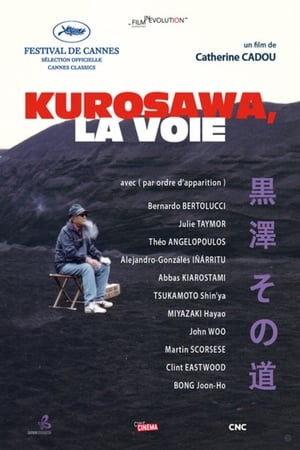 5.4
5.4Kurosawa's Way(fr)
Eleven major film makers from Europe, America and Asia talk about Akira Kurosawa and discover surprising influences on their own work.
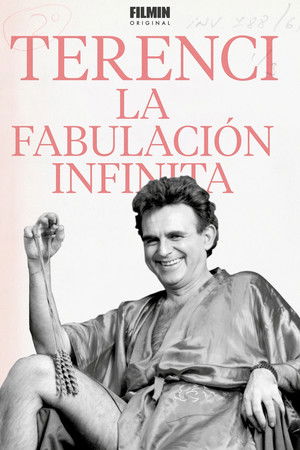 6.0
6.0Terenci: la fabulación infinita(es)
An account of the life and work of the charismatic Spanish writer Terenci Moix (1942-2003).
Habibi(en)
Filmed in New York in the summer of 2006: a march across the Brooklyn Bridge in support of the Palestinian and Lebanese populations. Habibi means "beloved" in Arabic.
 6.0
6.0100 Years(en)
An animated history of American health care provider, Planned Parenthood.
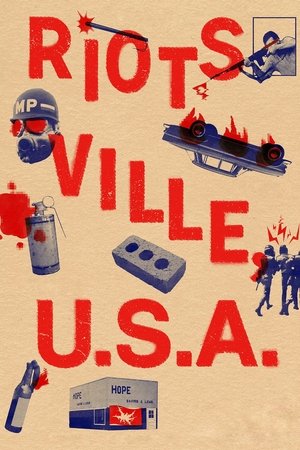 6.2
6.2Riotsville, USA(en)
An archival documentary about the U.S. military’s response to the political and racial injustices of the late 1960s: take a military base, build a mock inner-city set, cast soldiers to play rioters, burn the place down, and film it all.
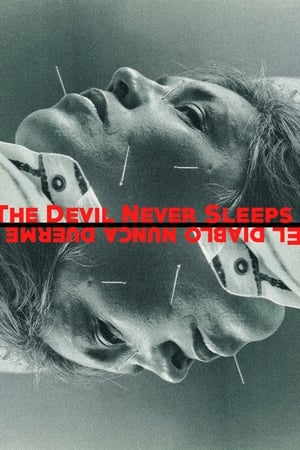 5.0
5.0The Devil Never Sleeps(en)
The Devil Never Sleeps is a “whodunit” documentary about family secrets. Filmmaker Lourdes Portillo received a phone call informing her of the mysterious death of her wealthy Mexican uncle Oscar. Officially ruled a suicide, Portillo’s relatives claimed murder, offering several possible suspects including a business partner, a ranch hand, and Oscar’s young widow who stood to inherit everything. Traveling to Mexico, Portillo attempts to learn the truth about her powerful uncle. Using interviews, old snapshots and home movies, she finds a complicated web of family secrets, intrigue, rumor and betrayal that makes her enigmatic uncle’s murder seem ever more likely, yet ever more obscure. As the Mexican saying goes, “When evil is lurking, the devil never sleeps.”
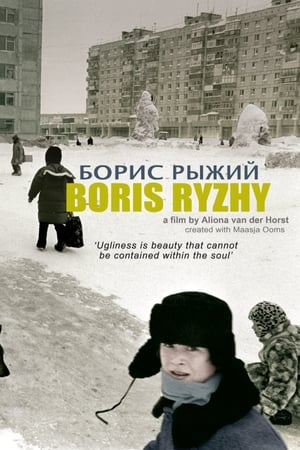 7.2
7.2Boris Ryzhy(ru)
Russian Poet Boris Ryzhy was handsome, talented and famous. So why did he end his own life at the age of 26? A quest to find the answer takes the filmmaker to the notorious neighbourhood in the cold industrial city of Yekaterinenburg where Boris grew up...
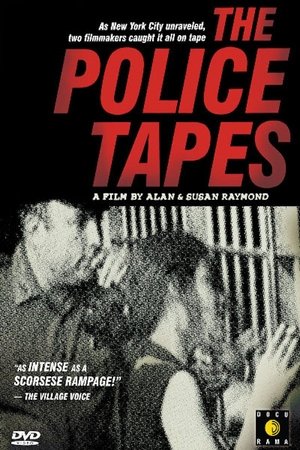 7.0
7.0The Police Tapes(en)
Filmmakers Alan and Susan Raymond spent three months in 1976 riding along with patrol officers in the 44th Precinct of the South Bronx, which had the highest crime rate in New York City at that time.
Two Hitlers(es)
One is a former police officer, bodyguard and hairdresser. Currently retired, he takes care of his extravagant and almost hundred-year-old illiterate mother. He writes poems and hopes to see them published one day. The other, a declared womanizer, workaholic, and leftist, was imprisoned during the dictatorship, runs a small grocery shop, and controls the life of his young second wife. Both were born in the Uruguayan hinterland during the Second World War, and share the same name as well as the fact that neither has wished to change it. The film is a tragicomic portrait of a country whose cultural diversity, its peculiar history and the character of its inhabitants allow the existence of exceptional and remarkable persons that depict a live picture of Uruguay, with its plurality and contradictions, its small and large history, without departing a single moment from irony or reflection.
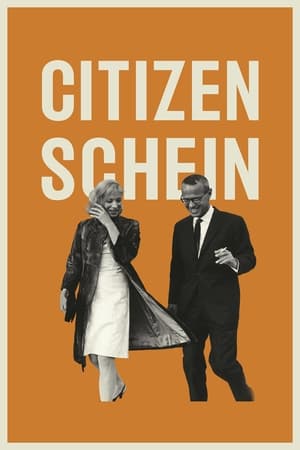 6.0
6.0Citizen Schein(sv)
Harry Schein was an anomaly in Swedish cultural society. Equal parts playboy, intellectual, and political visionary, his life story could very well be the foundation of a Hollywood film. Citizen Schein is a film about a refugee who refused to look back, a film about powerful men, and the myths that fuel them.
 7.5
7.5Microcosmos(fr)
A documentary of insect life in meadows and ponds, using incredible close-ups, slow motion, and time-lapse photography. It includes bees collecting nectar, ladybugs eating mites, snails mating, spiders wrapping their catch, a scarab beetle relentlessly pushing its ball of dung uphill, endless lines of caterpillars, an underwater spider creating an air bubble to live in, and a mosquito hatching.
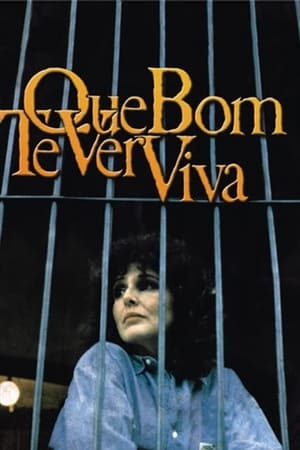 7.2
7.2How Good to See You Alive(pt)
Four years after a military coup overthrew the Brazilian government in 1964, all civil rights were suspended and torture became a systematic practice. Using a mix of fiction and documentary this extraordinary film is a searing record of personal memory, political repression and the will to survive. Interviews with eight women who were political prisoners during the military dictatorship are framed by the fantasies and imaginings of an anonymous character, portrayed by actress Irene Ravache.
10 + 4 (Dah be alaveh chahar)(en)
After casting painter and video artist Mania Akbari as the central figure of his groundbreaking Ten (2002), and then witnessing her outstanding debut as a feature film director in 20 Fingers (2004), Abbas Kiarostami urged her to direct a sequel to the film. In Dah be alaveh Chahar (10 + 4), though, circumstances are different: Mania is fighting cancer. She has undergone surgery; she has lost her hair following chemotherapy and no longer wears the compulsory headscarf; and sometimes she is too weak to drive. So the camera follows her to record conversations with friends and family in different spaces, from the gondola she had famously used in her first feature to a hospital bed.
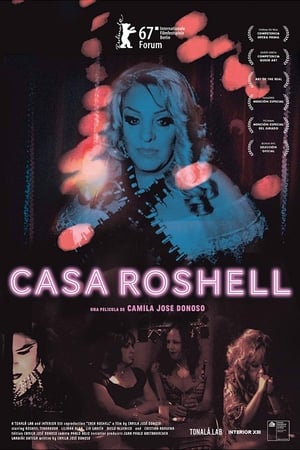 4.5
4.5Casa Roshell(es)
You’d never know this is your home away from home. The surveillance camera outside shows a drab reception area and an unremarkable street in Mexico City; inside, the lights flash, but the tables are empty. Yet preparations are soon underway and fixed categories cease to apply: stubble is removed, make-up applied and strands of hair are teased into place; the camera is trained not on the men themselves, but what they see in the mirror.
Crimes of Honour(en)
Throughout the Islamic world, each year hundreds of women are shot, stabbed, strangled or burned to death by male relatives because they are thought to have “dishonoured” their families. They may have lost their virginity, refused an arranged marriage or left an abusive husband. Even if a woman is raped or merely the victim of gossip, she must pay the price. Crimes of Honour documents the terrible reality of femicide – the belief that a girl’s body is the property of the family, and any suggestion of sexual impropriety must be cleansed with her blood. We meet women in hiding from their families, a brother who describes his reasons for killing the sister he loved, and a handful of women who have committed themselves to the protection of young women in danger of losing their lives.
 0.0
0.0Jillian Michaels: Killer Buns & Thighs(en)
Jillian Michaels Killer Buns & Thighs promises to deliver with three fat-blasting booty sculpting workouts that will get you results fast! These 30-minute workouts range in difficulty level in order to provide something for everyone from beginners to the most advanced athletes.
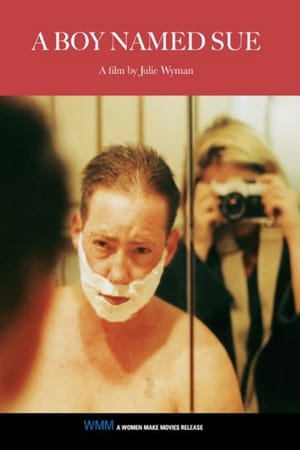 3.0
3.0A Boy Named Sue(en)
A Boy Named Sue chronicles the transformation of a transsexual named Theo from a woman to a man over the course of six years. Following Theo's physiological and psychological changes during the process, as well as their effects on his lesbian lover and community of close friends, A Boy Named Sue tells a story about gender identity, relationships, and how even things that seem permanent can change.
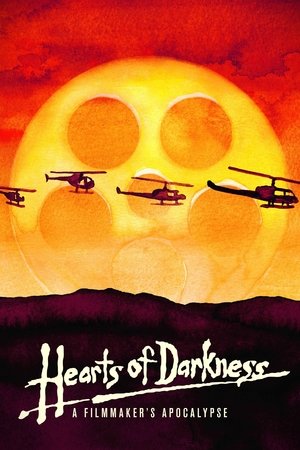 7.9
7.9Hearts of Darkness: A Filmmaker's Apocalypse(en)
A chronicle of the production problems — including bad weather, actors' health, war near the filming locations, and more — which plagued the filming of Apocalypse Now, increasing costs and nearly destroying the life and career of Francis Ford Coppola.
